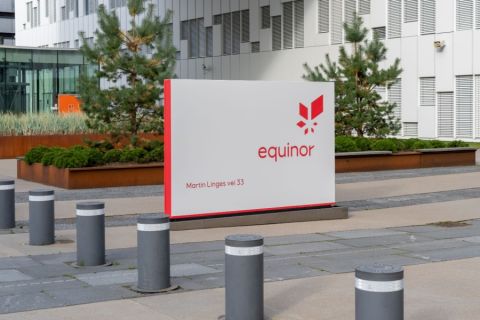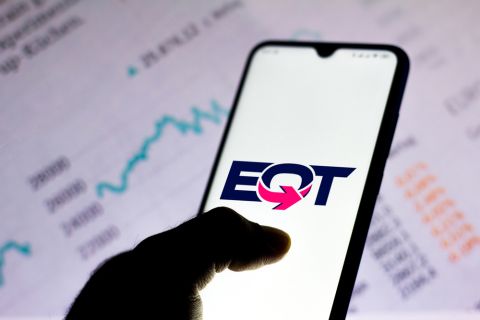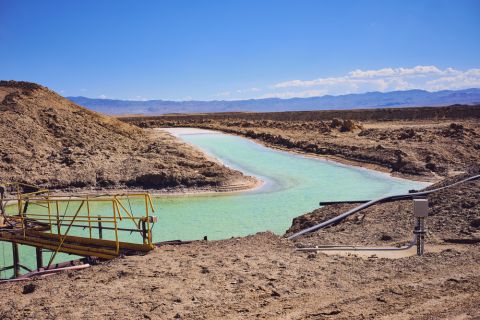The Northwest Gas Association (NWGA) released an analysis on Feb. 26 that it says shows significant impacts for Oregon natural gas consumers from the climate action proposal being debated by the state legislature.
House Bill 2020—also known as "Cap-and-Trade"—is a 55-page bill declaring an emergency in terms of carbon reduction. It aims to reduce greenhouse gas emission to at least 80% below the 1990 emissions levels by 2050.
NWGA said it will raise the average Oregon family's gas bill by 12% in the first year of the program and will eventually raise bills by 40% in 2035, according to the association’s analysis. Commercial gas consumers (e.g. restaurants, schools, hospitals, etc.), can expect increases of 14% initially, rising to 46% by 2035, the association said.
"The problem is not with cap-and-trade," said NWGA Executive Director Dan Kirschner. "The problem is that this cap-and-trade proposal, unlike any other that has been enacted, treats natural gas households and small businesses differently than other energy users."
NWGA said HB 2020 provides electric customers with free allowances for the first 10 years of the program, even though they will emit just as much greenhouse gas through the combustion of coal and natural gas to generate electricity as all residential and commercial natural gas customers combined. Residential (except for low-income) and commercial natural gas consumers do not receive similar consideration in the current proposal.
"Emissions are emissions," Kirschner said. "This bill would compel natural gas consumers to pay more than their fair share of reducing the state's greenhouse gas emissions."
Kirschner added natural gas consumers have already contributed to limiting the state's greenhouse gas emissions profile. The average natural gas home emits 29% less greenhouse gas than it did in 2000; the average business, 19% less.
NWGA’s analysis comes two-days after a public hearing on the legislation was held with more than 130 people testifying. Democratic Senator Jeff Golden, a supporter of the bill, said the state needs to be bold and think equitable, according to multiple reports from the hearing. He said polluters need to start paying.
Republican Rep. Carl Wilson pointed to Oregon’s already small carbon footprint and said there is no need to engage in what he called an entirely new economic system, according to reports from the hearing.
The NWGA maintains that natural gas can and should be a critical part of a well-considered carbon reduction program. To that end, the NWGA adopted a set of principles for a successful climate action program.
Recommended Reading
Equinor Releases Overview of Share Buyback Program
2024-04-17 - Equinor said the maximum shares to be repurchased is 16.8 million, of which up to 7.4 million shares can be acquired until May 15 and up to 9.4 million shares until Jan. 15, 2025 — the program’s end date.
EQT Declares Quarterly Dividend
2024-04-18 - EQT Corp.’s dividend is payable June 1 to shareholders of record by May 8.
Will the Ends Justify the Means for W&T Offshore?
2024-03-11 - After several acquisitions toward the end of 2023, W&T Offshore executives say the offshore E&P is poised for a bounce-back year in 2024.
Kimmeridge Fast Forwards on SilverBow with Takeover Bid
2024-03-13 - Investment firm Kimmeridge Energy Management, which first asked for additional SilverBow Resources board seats, has followed up with a buyout offer. A deal would make a nearly 1 Bcfe/d Eagle Ford pureplay.
M4E Lithium Closes Funding for Brazilian Lithium Exploration
2024-03-15 - M4E’s financing package includes an equity investment, a royalty purchase and an option for a strategic offtake agreement.





